03 Mar

Enhanced Review Tracking in zipBoard: Track Documents, Content & Digital Assets with Ease
Improved Visibility into Review Processes Managing documents, content, and digital assets effectively is a crucial part of any review process. However, keeping track of who has provided feedback, who is yet to respond, and whether all stakeholders have reviewed an asset before final approval can be challenging. To make this process easier, zipBoard has enhanced
28 Feb
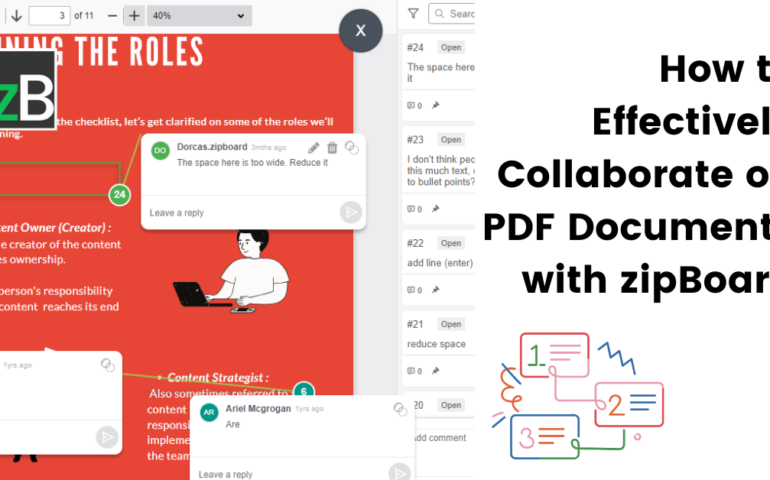
How to Effectively Collaborate on PDF Documents with zipBoard
Over 2.5 trillion PDFs are created annually, making them one of the most widely used file formats in professional settings. PDFs remain the industry standard due to their format preservation, security, and universal compatibility. This makes them the preferred choice for sharing important documents with multiple stakeholders. Owing to this, seamless PDF collaboration is essential
24 Feb

How to Draw on a PDF: Free & Paid Methods for PDF Markups and Annotations
Whether for reviewing contracts, marking up blueprints, providing creative feedback, or simply making notes on reports, drawing on a PDF is essential for professionals across industries. Traditionally, this process involved printing documents, marking them up by hand, and scanning them back—an inefficient and time-consuming workflow. While tools like Adobe Acrobat offer markup features, many users
17 Feb

Streamline Your Design Review Process: Faster Approvals with zipBoard
Design reviews play a crucial role in ensuring the quality, efficiency, and success of any creative or product development process. Whether you’re working on eLearning courses, website designs, marketing assets, or other digital content like architectural or engineering drawings, an effective design review process helps teams align on objectives, spot inconsistencies, and implement feedback efficiently. However,
10 Feb
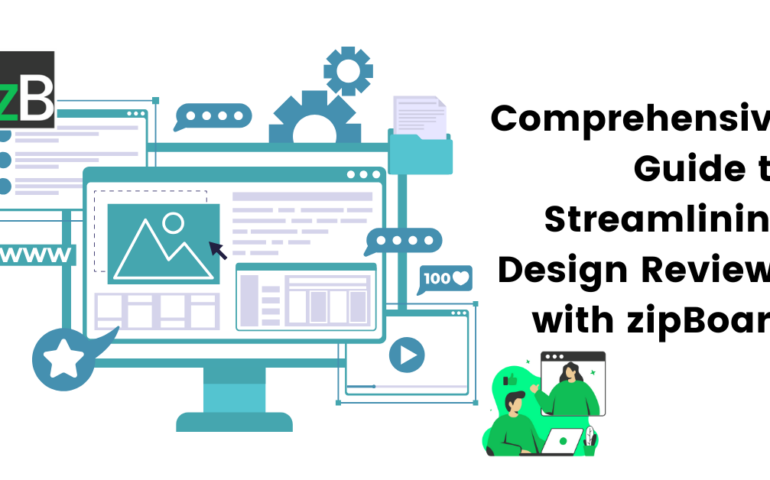
Best Design Review Software: A Comprehensive Guide to Streamlining Design Reviews with zipBoard
Effective design review ensures high-quality outputs, whether in web design, product development, eLearning, or construction. However, traditional review processes—filled with endless email threads, scattered feedback, and version control issues—can slow your team down. Modernizing design reviews with the right design review software streamlines collaboration, centralizes feedback, and eliminates inefficiencies. Instead of chasing approvals or deciphering
04 Feb
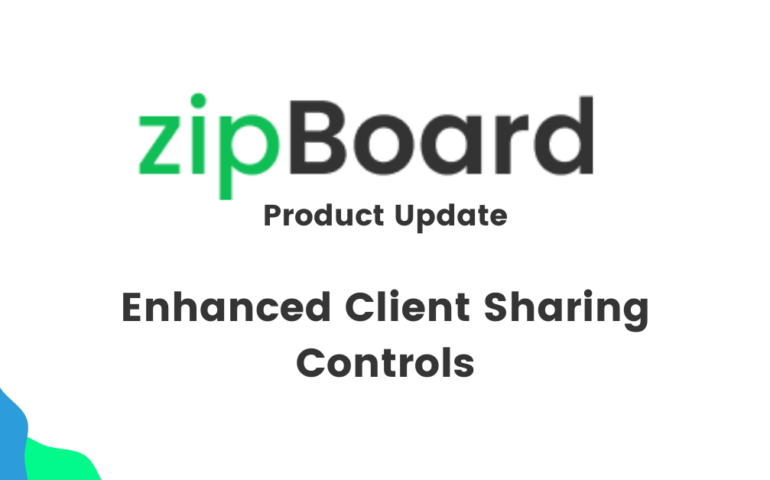
New Client Sharing Controls in zipBoard: Manage External Feedback & Secure File Access
Collaborate with Clients & External Stakeholders More Effectively Managing internal and external reviews can get messy. Your team needs full control over what clients see and do—without losing efficiency. Until now, client sharing in zipBoard has worked, but many of you have asked for more control, flexibility, and a way to keep internal and external
27 Jan
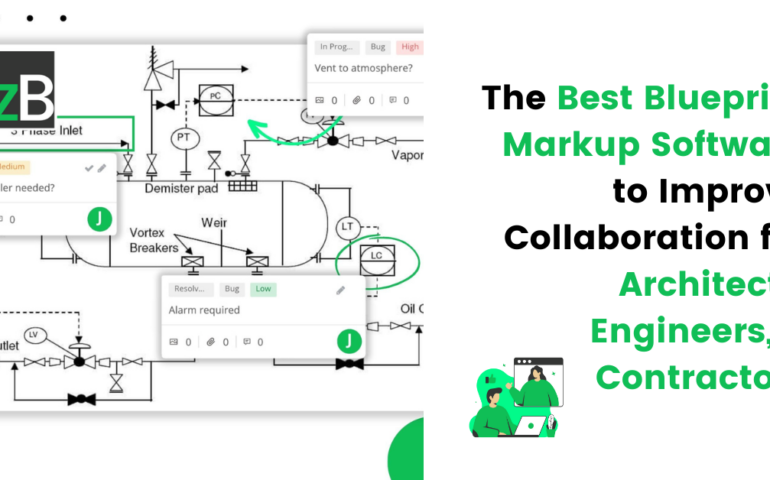
The Best Blueprint Markup Software to Improve Collaboration for Architects, Engineers, & Contractors
Effective blueprint management is important for architects, engineers, and contractors to ensure seamless collaboration, minimize errors, and maintain accurate version control of construction drawings. However, traditional blueprint management methods often fall short, creating significant challenges for AEC teams. These challenges range from version control issues and fragmented communication to slow feedback cycles, leading to project
17 Jan
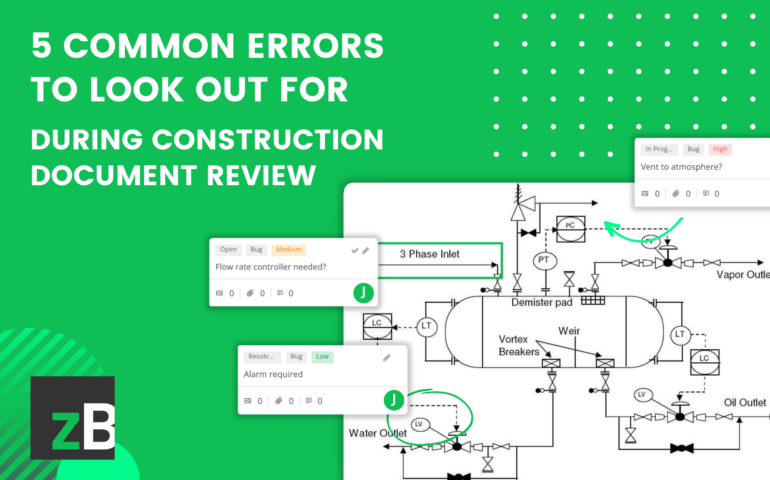
How to Reduce Construction Document Errors: Best Practices & Tools for Success
Construction document errors can lead to project delays, costly rework, budget overruns, and safety risks. Due to the complex nature of construction projects, even small mistakes in construction documents like design plans, specifications, or submittals can create a domino effect that disrupts workflows, causes miscommunication, and leads to significant financial and operational setbacks. These errors
20 Dec
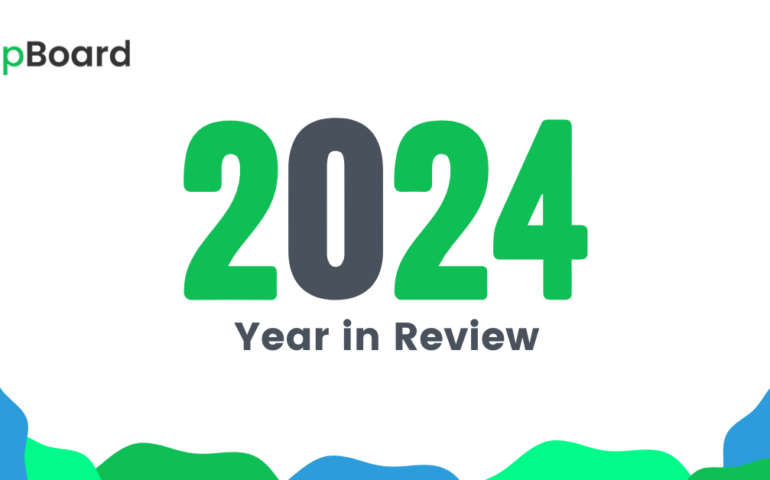
Year in Review: 2024 at zipBoard
‘Tis the season to reflect and celebrate… 🎊 As 2024 draws to a close, we want to thank you for being part of zipBoard’s journey. This year has been one of growth, innovation, and shared success—all made possible by your support. The buzz around AI this year was undeniable, and we embraced it too! We
14 Dec
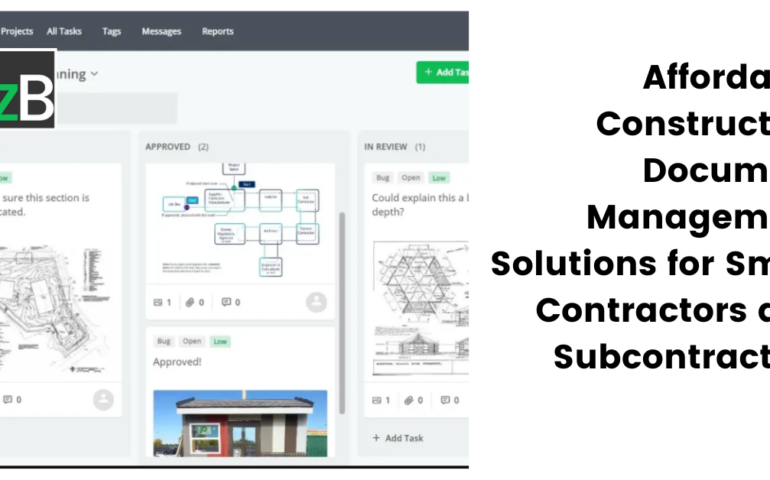
Affordable Construction Document Management Solutions for Small Contractors and Subcontractors: How zipBoard Simplifies Construction Processes
As a small contractor or subcontractor, your goal is to minimize costs while ensuring efficient operations and meeting client needs. Therefore, it is crucial to invest in tools that help achieve this, and construction management software, especially construction document management software, is a game-changer. Why Small Contractors Need Construction Document Management Software Managing documents efficiently
